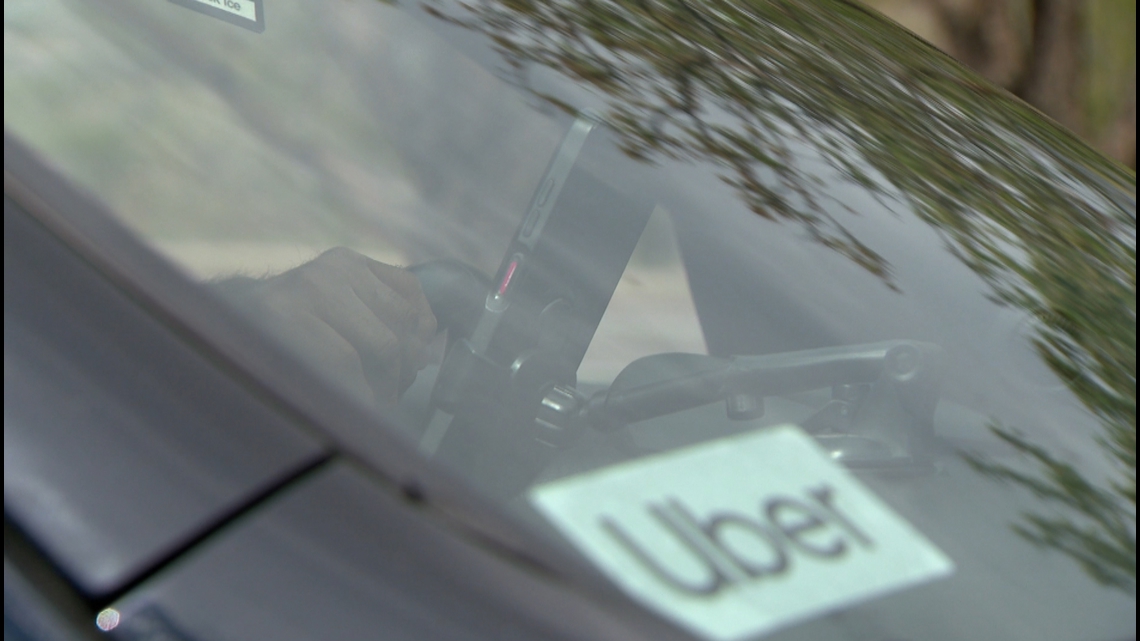
Uber threatened to halt operations in Colorado if the “Ride Share Safety Bill” becomes law due to privacy concerns from mandatory recordings.
DENVER — Uber announced it would cease operations in Colorado if House Bill 1291, known as the “Ride Share Safety Bill,” becomes law. The legislation, which includes mandatory video and audio recording requirements, is expected to move to the state Senate on Monday.
“We fully support smart, effective policies that enhance rider safety,” Uber said in a statement. “But as written, this bill goes too far and makes it impossible for Uber to keep operating in Colorado.”
The bill would require background checks for drivers every six months, ban hiring of people convicted of certain crimes, and require companies to investigate complaints within 72 hours.
One of the company’s primary concerns centers on provisions requiring continuous audio and video recording of all rides with no opt-out option, which Uber claims raises “major privacy concerns” for both drivers and customers.
Jose, an Uber driver in Denver who previously worked as a cook for 30 years, expressed mixed feelings about the potential legislation.
“Actually, that can be good because for my security, that would be good,” Jose said of the recording requirement. However, he also believes drivers should have input on the regulations, adding, “We should have an option to say yes or no. We are the drivers, we do the thing, you know?”
State Representative Jenny Willford, who introduced the bill, spoke with 9NEWS about her connection to the issue.
“I came forward with my story after earlier this year sharing that I had been sexually assaulted by a ride-share driver last February,” Willford said.
She dismissed privacy concerns about the recording requirements, stating, “Anywhere you go these days, there is a camera. You get in the car, you drive down the street, and there is a camera. You go to the grocery store, you check out, and there is a camera.”
Rideshare company Lyft also expressed reservations about the legislation.
“We believe there is a compromise that can be reached that would be beneficial for both riders and drivers, but there are several aspects of the bill that would make implementation extremely problematic,” the company stated.
Beyond mandatory recordings, the bill would also prohibit drivers from offering customers snacks and bottled water, with Uber potentially being held responsible if drivers violated this provision.
If passed, the legislation would affect thousands of Colorado residents who rely on rideshare services.
“Tens of thousands of Coloradans would lose flexible earning opportunities, and hundreds of thousands could lose a key way to get to work, school, or the doctor,” Uber warned.
Many drivers like Jose, who switched to Uber after decades in another profession, would need to find alternative employment.
“Doing Uber is a really good option not only for me, even for people who were laid off,” he said.
Both rideshare companies indicated they are open to working with legislators on a compromise that addresses safety concerns while allowing them to continue operating in the state.
